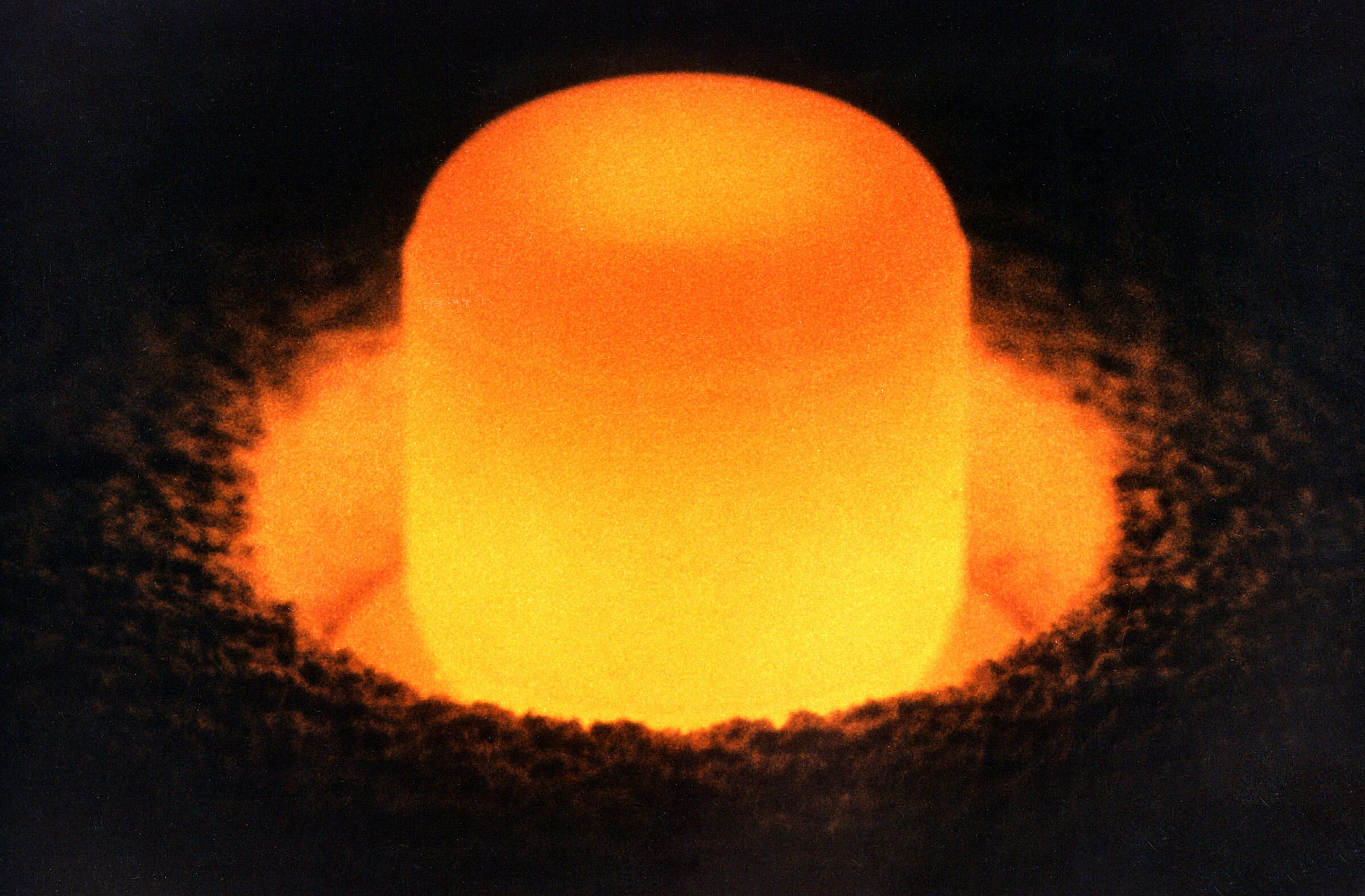Planetary Radio • Aug 05, 2016
Space Policy Edition #3: Plutonium-238, Europa via SLS, Cost of the Next Mars Rover Rises
On This Episode

Jason Callahan
Former Space Policy Advisor for The Planetary Society

Casey Dreier
Chief of Space Policy for The Planetary Society

Mat Kaplan
Senior Communications Adviser and former Host of Planetary Radio for The Planetary Society
In our third episode, we debate the risks and rewards of tying the future of a Europa mission to the fate of NASA's massive Space Launch System rocket. Also, NASA just announced that the next Mars rover will cost $2.4 billion—$900 million more than initially thought. But the mission is not considered over budget. Why not? Lastly, the U.S. just generated 50 grams of Plutonium-238, the largest amount in nearly thirty years. We celebrate the successful effort to create this critically important, though highly toxic, power source for deep space spacecraft. You’ll hear the fascinating history of why existing Pu-238 sources were running out, and how NASA overcame obstacles to restart production.

A new episode of Space Policy Edition will be posted on the first Friday of each month. Let us know what you think about our topics and our approach! Comment on this page or write to [email protected].
Additional Reading/References:
- Two SLS to Europa, Cody Knipfer, The Space Review
- Mars 2020 rover mission to cost more than $2 billion, Jeff Foust, SpaceNews
- Power From the Isotopes, Casey Dreier, The Planetary Report, (members only)
- Report from DOE on Pu238 production, Feb 2016 presentation to the Outer Planets Assessment Group
- Radioisotope Power Systems: An Imperative for Maintaining U.S. Leadership in Space Exploration, National Academies report, 2009
- Oak Ridge Scientists Produce First Plutonium-238 in 28 Years, American Institute of Physics, Feb 2016
- Congressional Legislative History of Restarting Plutonium-238, prepared by Casey Dreier of The Planetary Society


 Explore Worlds
Explore Worlds Find Life
Find Life Defend Earth
Defend Earth

